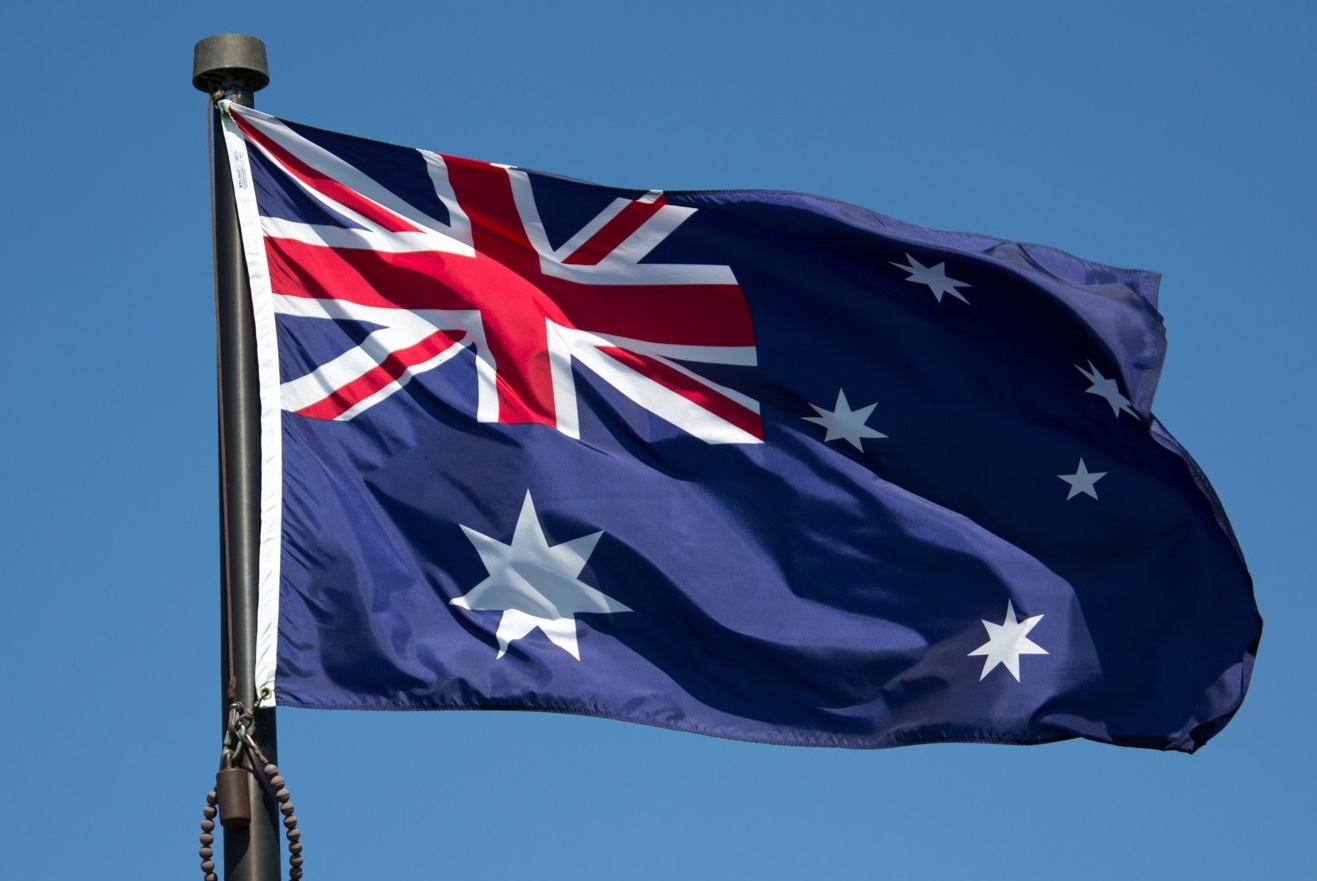
- Senator Andrew Bragg has submitted a proposal pushing for policies to protect the consumer
- The legislative proposal, if approved, would define regulation for DAOs, crypto markets, custodial services, and taxation
Australia is set to join the list of countries worldwide that have adopted initiatives towards regulating the use and adoption of digital assets. According to recent reports, the Australian government plans to redefine the state of payments systems, a move that would also affect digital currencies.
The goal is to create investor protection measures, laws for crypto taxation and regulate digital asset custodial firms and exchanges.
"The government can't guarantee your crypto any more than it can guarantee a painting or a share in a company, and nor should it," Australia's Financial Services Minister Jane Hume noted. "But we can make sure Australian exchanges, custodians and brokers – Australian players in the crypto ecosystem – work within a regulatory framework that is better, safer and more secure."
Digital Service Act
The coming changes include reforms presented in a parliamentary report by Liberal Senator Andrew Bragg, among other items.
Speaking today at the Australia Blockchain Week conference, the senator said that following consultative meetings, recommendations on DAOs, debanking, custodial services, tax, licensing, and tokens had been reached.
Bragg revealed a proposed piece of legislation that he anticipates would lay the foundation for a new digital asset dispensation. He said that the 'Digital Services Act' would guarantee the protection of the consumer and be built around four critical principles.
These are breadth & flexibility, regulation by a minister rather than a government body, technology neutrality, and employment of government resources and personnel.
The effect of DAOs on Australia's tax regime
Senator Bragg noted that Australia relies significantly on the tax charged on companies, so much that it's the country's second-largest earner behind income tax. He explained that decentralised autonomous organisations (DAOs) do not fall within the tax definition of companies, according to the law.
He theorised that these decentralised groups could cause an "existential threat to the tax base" should more firms turn into DAOs. The senator wants new minimums established for the organisations such that they would have consumer protection frameworks, standardised rules for the protocols, and reduced liability.
Bragg added that it would be appropriate to ensure product disclosure, auditing, and assurance. He believes that this is an ideal opportunity to establish tax and regulations towards promoting the space, rather than hindering its growth.
Tax status and token mapping
Further, the Senator is proposing that the Board of Taxation be tasked with reviewing digital assets to illuminate several issues such as the tax status of ICOs, staking, CBDCs, airdrops, P2E games, among others. Alongside this Board's review, the Treasury would also conduct token mapping to clarify assets – this will be the cornerstone of the broader reforms yet to come.

